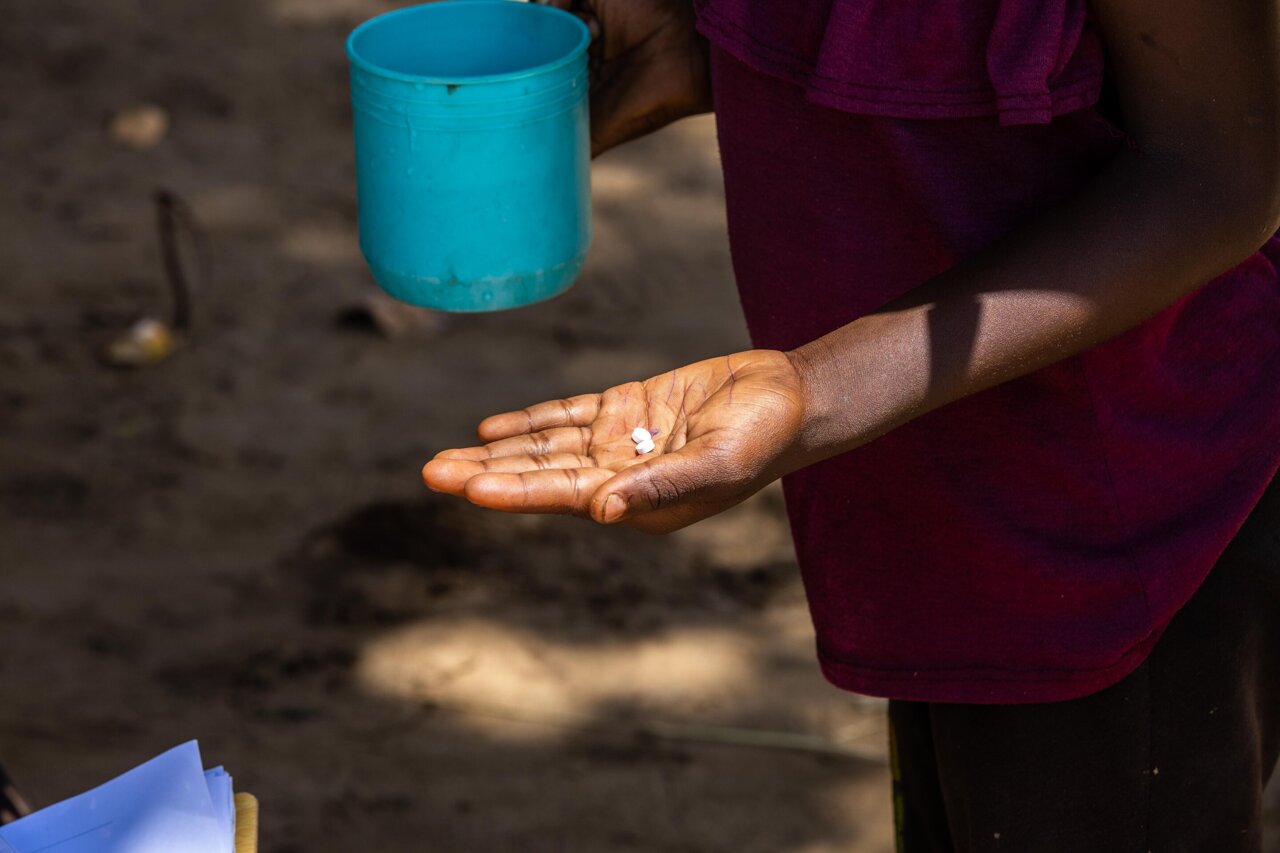Ivermectin Boosts Malaria Prevention When Combined With Current Methods

A New Hope in the Fight Against Malaria
Ivermectin, a drug traditionally used to treat neglected tropical diseases, has shown promising results in reducing malaria transmission. When administered to entire populations, it significantly lowers the incidence of new malaria infections, offering a potential breakthrough in the global fight against the disease.
The BOHEMIA trial, the largest study on ivermectin for malaria to date, demonstrated a 26% reduction in new malaria infections when combined with existing bed nets. These findings, published in The New England Journal of Medicine, highlight the potential of ivermectin as a complementary tool in malaria control efforts.
The Global Challenge of Malaria
Despite progress in recent years, malaria remains a significant public health issue. In 2023 alone, there were 263 million cases and 597,000 deaths reported worldwide. Current vector control methods, such as long-lasting insecticidal nets (LLINs) and indoor residual spraying (IRS), are becoming less effective due to insecticide resistance and changes in mosquito behavior. Mosquitoes are now more likely to bite outdoors or during dusk and dawn, times when people are not protected by traditional measures. This growing challenge underscores the need for innovative solutions.
Ivermectin as a Novel Strategy
Ivermectin has been used for decades to treat conditions like river blindness and elephantiasis. However, its potential in reducing malaria transmission has recently gained attention. The drug works by killing mosquitoes that feed on treated individuals, making it an attractive option in areas where conventional insecticides are no longer effective.
The BOHEMIA project, which stands for "Broad One Health Endectocide-based Malaria Intervention in Africa," conducted two Mass Drug Administration (MDA) trials in high-burden malaria regions: Kwale County in Kenya and Mopeia district in Mozambique. The trials assessed the safety and efficacy of a single monthly dose of ivermectin (400 mcg/kg) given for three consecutive months at the start of the rainy season.
Malaria Reduction in Kenya
In Kwale County, children who received ivermectin experienced a 26% reduction in malaria infection incidence compared to those who received albendazole, the control drug used in the study. The trial involved over 20,000 participants and more than 56,000 treatments, showing that ivermectin significantly reduced malaria infection rates—especially among children living further from cluster borders or in areas with efficient drug distribution.
The safety profile of ivermectin was also favorable, with no severe adverse events reported. Only mild, transient side effects were observed, consistent with previous use in campaigns against neglected tropical diseases.
Carlos Chaccour, co-principal investigator of the BOHEMIA project, expressed enthusiasm about the results. He emphasized that ivermectin could complement existing malaria control measures and potentially contribute to elimination efforts with continued research.
Lessons from the Mozambique Trial
In contrast, the Mozambique trial faced significant challenges, including disruptions caused by Cyclone Gombe in 2022 and a subsequent cholera outbreak. These events highlighted the importance of strong community engagement in successful implementation.
Francisco Saúte, director of the Manhiça Health Research Center (CISM), noted that building trust with local communities and collaborating closely with health authorities were essential for the acceptance of ivermectin MDA.
Expanding the Impact Beyond Malaria
Beyond its effect on malaria, ivermectin MDA has shown collateral benefits. The BOHEMIA team observed a significant reduction in skin infestations such as scabies and head lice in the ivermectin group in Mozambique. In Kenya, the community reported a major reduction in bed bugs. These additional benefits make ivermectin an attractive option for integration into existing public health delivery systems.
The study is part of a larger global effort to evaluate ivermectin's role in malaria control. The World Health Organization’s vector control advisory group reviewed the findings and concluded that the study demonstrated impact, recommending further studies. National health authorities are also considering the potential inclusion of ivermectin in malaria control programs.
Conclusion
Regina Rabinovich, BOHEMIA PI and Director of ISGlobal's Malaria Elimination Initiative, emphasized the potential of this research to shape the future of malaria prevention. With its novel mechanism of action and proven safety profile, ivermectin could offer a new approach using a well-known, safe drug that complements other mosquito control tools available today.
Post a Comment for "Ivermectin Boosts Malaria Prevention When Combined With Current Methods"
Post a Comment